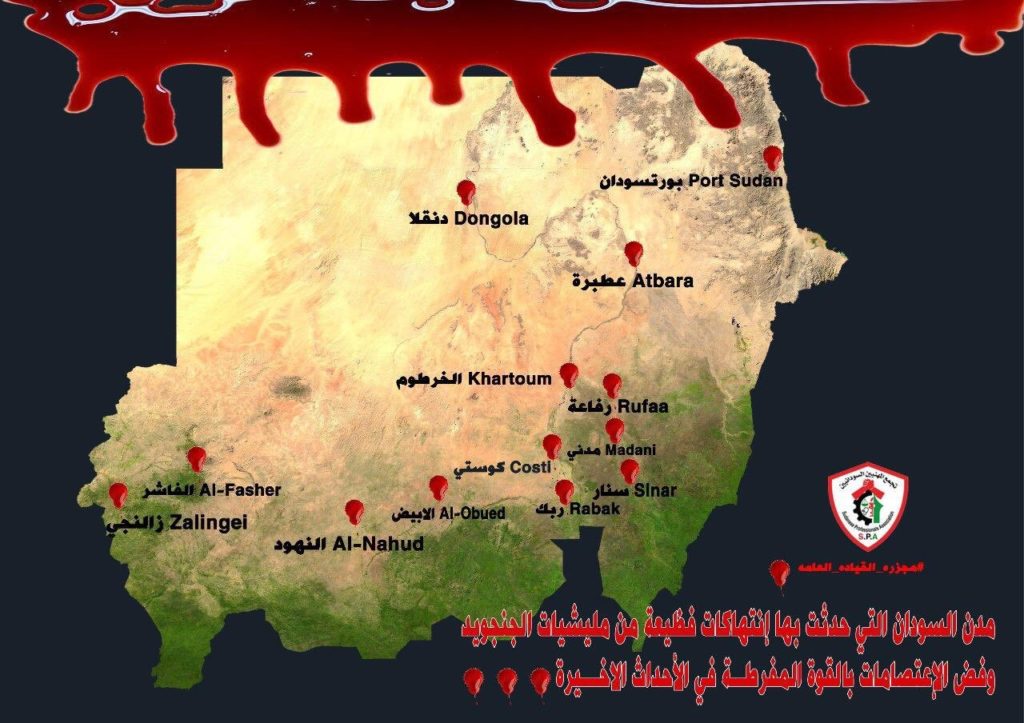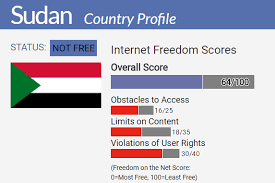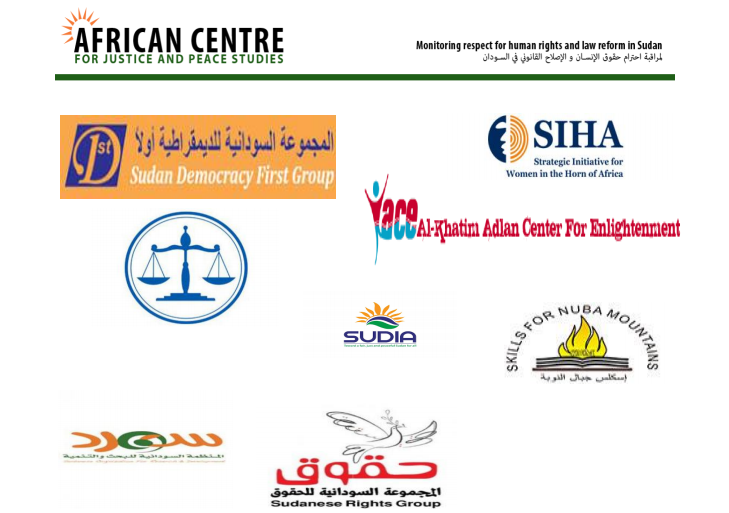
MEMRI
Ethiopian Prime Minister Abiy Ahmed has arrived in Khartoum this morning for talks with the head of Sudan’s ruling military council. The Sudanese Professionals Association, which has led pro-democracy protests, yesterday rejected calls by the council to resume negotiations between the two sides. At the same time, the African Union announced it suspended Sudan (VOA: HT: CFR) from the bloc until a civilian government is formed.
In Foreign Affairs, Zachariah Mampilly discusses how Sudan can heal from decades of dictatorship.
 Civil society groups (below), including several partners of the National Endowment for Democracy, have called for a peaceful negotiated transition to democracy.
Civil society groups (below), including several partners of the National Endowment for Democracy, have called for a peaceful negotiated transition to democracy.
The #SudanMondayMassacre (as activists dubbed it) underscored internal tensions within the cupola of the ruling Transitional Military Council and in the region. The killings were widely blamed on the Rapid Support Forces (RSF), former Janjaweed irregular forces, led by Mohamed Hamdan Dagalo (Hemeti) and there is no reason to doubt this, according to analyst Alberto Fernandez, President of Middle East Broadcasting Networks (MBN).
Made up of members of Darfur’s camel-herding Arab tribes (some are not even Sudanese but hail from Chad or elsewhere), the RSF had developed from shock troops to be used in breaking resistance in Darfur to Bashir regime “firemen” to be used in all of Sudan’s brush wars. Their utility for the regime was further enhanced as Sudan’s contribution to the Arab coalition force in Yemen fighting Iranian proxies, he writes for MEMRI:
 However, in the past six months, the RSF and Hemeti seemed to ably maneuver in Khartoum’s volatile politics, refusing Bashir’s orders to crush civilian demonstrators and even trying to identify with civilian demonstrators as several of Bashir’s generals were forced from the TMC. Sudan’s Defense Minister and the head of its feared National Intelligence and Security Service (NISS) were ostensibly swept from power and a general, Abdel Fattah Al-Burhan, who had actually met with demonstrators, was chosen as the new TMC Chairman. Al-Burhan is technically in charge with Hemeti as his deputy.
However, in the past six months, the RSF and Hemeti seemed to ably maneuver in Khartoum’s volatile politics, refusing Bashir’s orders to crush civilian demonstrators and even trying to identify with civilian demonstrators as several of Bashir’s generals were forced from the TMC. Sudan’s Defense Minister and the head of its feared National Intelligence and Security Service (NISS) were ostensibly swept from power and a general, Abdel Fattah Al-Burhan, who had actually met with demonstrators, was chosen as the new TMC Chairman. Al-Burhan is technically in charge with Hemeti as his deputy.
Hemeti’s tone has hardened, warning against “chaos” as Al-Burhan has attempted to appear more flexible. Sudan’s opposition has also hardened its position, refusing to return to negotiations until there is accountability for the TMC’s actions, return to full civilian rule, and the disarming of the RSF. If Al-Burhan is truly in charge, then Hemeti’s days should be numbered. RTWT








